Sales Engagement Platform vs CRM: Differences You Must Know

Are you overwhelmed by all the different software solutions available to help manage your sales and customer interactions? Well, you're not alone! With a plethora of options out there, it can be tricky to understand which one is the best fit for your business.
That's where we come in.
In this blog, we’ll dive into the nitty-gritty details of sales engagement and CRM platforms. We'll explore the key differences between the two and help you determine the right choice for your business.
Sales engagement platform vs. CRM: Understanding the basics
Let's first get an overview of a sales engagement and CRM platform.
What is a sales engagement platform?
A sales engagement platform is a software solution that helps sales teams manage and automate their sales outreach activities.
- It typically includes tools and features to help sales representatives connect with potential customers across different channels (such as email, phone, social media, etc.) and at different stages of the sales process.
- A sales engagement platform may include features such as email and call automation, cadence management, sales analytics and reporting, integration with customer relationship management (CRM) software, and collaboration and coaching.
- The ultimate goal of a sales engagement platform is to streamline the sales outreach process, increase efficiency, and ultimately improve sales results.
- Sales engagement platforms are especially useful for teams focused on outbound sales and prospecting. They help sales representatives manage their outreach activities more efficiently and effectively, enabling them to connect with more potential customers and close more deals.
- Sales engagement platforms such as Zixflow can also help sales managers track the effectiveness of their sales outreach activities and provide coaching to their teams to improve their sales skills. Here's an overview of the Zixflow platform:
What is a CRM platform?
A CRM platform, on the other hand, is a software tool or solution that helps businesses manage their customer interactions and relationships.
- It typically includes tools and features to help businesses organize, automate, and synchronize their sales, marketing, customer service, and support processes.
- A CRM platform may include features such as contact and account management, sales management, marketing automation, customer service and support, analytics and reporting, and integration with other business systems.
- A good CRM platform aims to provide businesses with a 360-degree view of their customers, improve customer relationships, and, ultimately, increase revenue and profitability.
- CRM platforms are especially useful for businesses that have a large customer base and need to manage customer interactions across multiple channels and touchpoints.
- They help businesses store customer and prospect data, track customer interactions, and automate key business processes, enabling them to provide better customer service and support and drive growth.
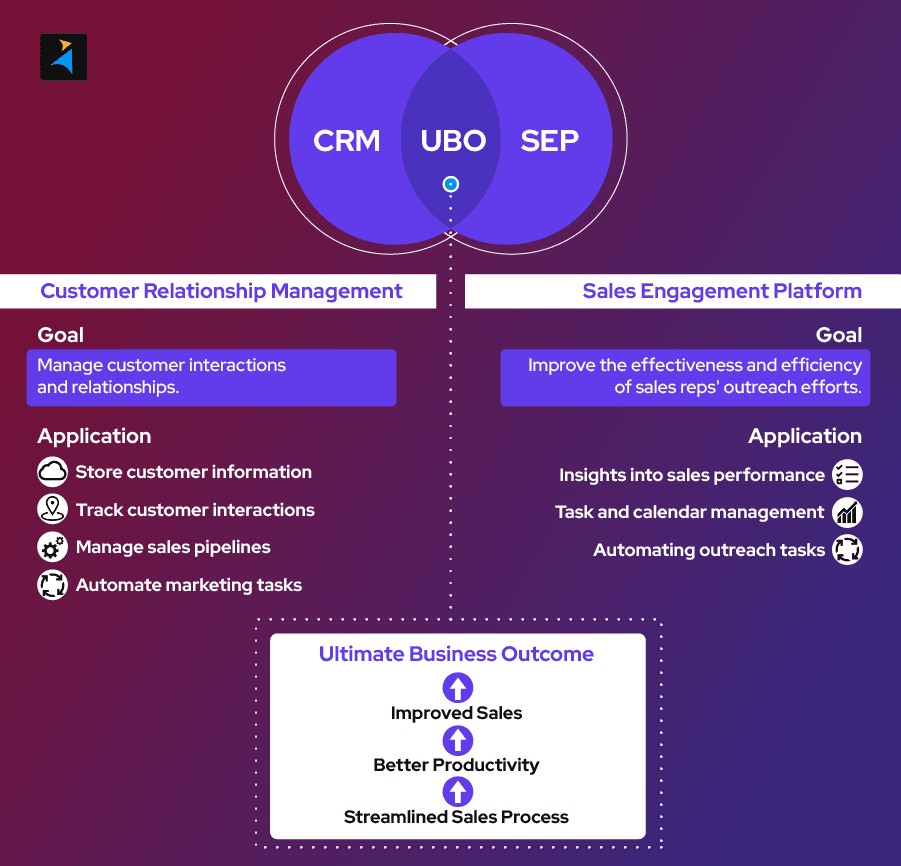
Sales engagement platform vs. CRM: Applications
Now let's delve into the applications for sales engagement platforms and CRM tool
Applications of sales engagement platforms
Sales engagement platforms are primarily used for the following purpose:
-
Streamline Sales Outreach: Sales engagement platforms can help sales representatives streamline their outreach activities by automating email and call cadences, enabling them to connect with more potential customers and close more deals.
-
Analyze Sales Performance: Sales engagement platforms can provide sales managers with real-time data and analytics on the effectiveness of their sales engagement activities, enabling them to make data-driven decisions to improve their sales results.
-
Coach Sales Representatives: Sales engagement platforms can provide sales managers with tools to coach and collaborate with their sales representatives, helping them improve their sales skills and performance.
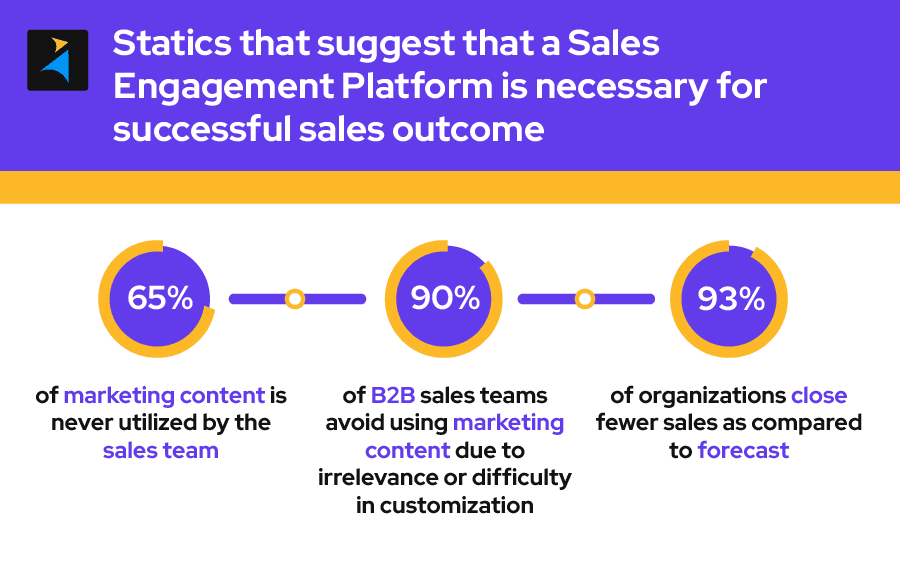
Applications of CRM platforms
CRM platforms are designed to help businesses manage their customer interactions and relationships across different channels and touchpoints. Here are some of best CRM softwares:
-
Manage Customer Data: CRM platforms can help businesses store and manage customer data, including contact information, demographics, and interaction history, enabling them to provide personalized customer service and support.
-
Execute Marketing Campaigns: CRM platforms can help businesses create, manage, and execute marketing campaigns across different channels and touchpoints, enabling them to reach more potential customers and drive growth.
-
Provide Customer Service and Support: CRM platforms can help businesses manage customer inquiries and support requests, track support cases, and provide personalized customer service and support, enabling them to improve customer satisfaction and retention.
Sales engagement platform vs. CRM: Features
Here's a detailed overview of the features of both SEP and CRM.
Features of SEP
A sales engagement platform may include features such as:
- Email and call automation: This allows sales representatives to quickly and efficiently send personalized emails and call leads and prospects.
- Cadence management: This allows sales representatives to schedule a sequence of outreach activities and automate follow-up actions.
- Sales analytics and reporting: This allows sales managers to track the effectiveness of their sales outreach activities and make data-driven decisions.
- Integration with customer relationship management (CRM) software allows sales representatives to access customer data and manage their sales activities from a single platform.
- Collaboration and coaching: This allows sales representatives to collaborate with each other and receive coaching from sales managers to improve their sales skills.
- A good sales engagement platform such as Zixflow is packed with all the above features. Here's a snapshot of the features you'll find on the platform.
Features of CRM
A CRM platform may include features such as:
-
Contact and account management: Businesses can store customer and prospect data, including contact information, demographics, and interaction history.
-
Sales management: Allows businesses to manage their sales pipeline, track leads, and automate sales processes.
-
Marketing automation: This allows businesses to create, manage, and execute marketing campaigns, track your leads, and analyze campaign performance.
-
Customer service and support: This allows businesses to manage customer inquiries and support requests, track support cases, and provide personalized customer service.
-
Analytics and reporting: Businesses can analyze customer data, track sales, and marketing performance, and generate reports.
Integration with other business systems: This allows businesses to integrate their CRM platform with other business systems, the sales automation tool, social media platforms, and accounting software.
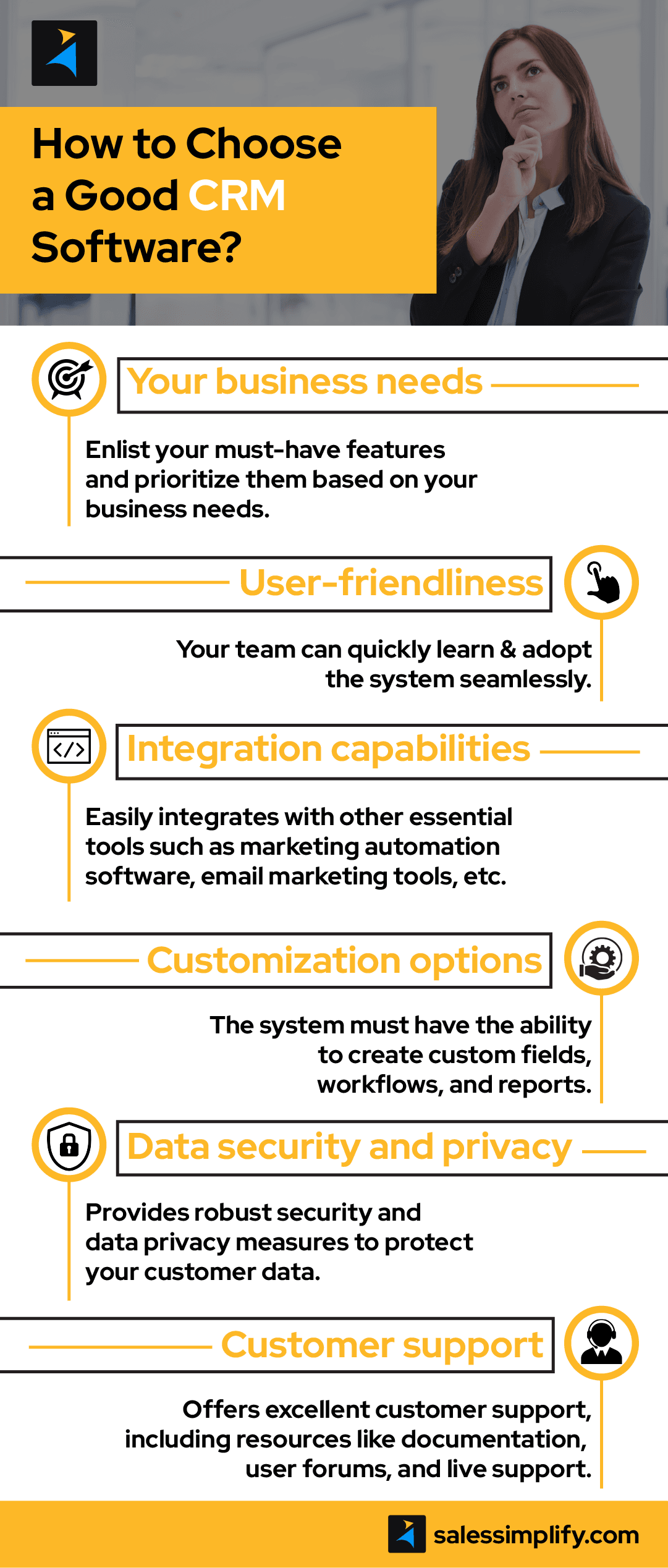
Sales engagement platform vs. CRM: Benefits
Sales engagement and customer relationship management (CRM) platforms offer unique benefits to businesses looking to improve their sales and customer interaction processes. In this section, we'll explore the specific benefits of each platform and how they can help businesses succeed.
Benefits of sales engagement platforms
- Automate Sales Processes: Sales engagement platforms automate routine sales tasks, such as email follow-ups and appointment scheduling, freeing up time for sales representatives to focus on building relationships and closing deals.
- Improve Sales Efficiency: By automating key sales processes, sales engagement platforms can help sales representatives manage their time more efficiently, enabling them to focus on high-value activities that drive revenue.
Benefits of CRM platforms
-
Improve Customer Service: CRM platforms help businesses manage customer inquiries and support requests, track support cases, and provide personalized customer service and support, improving customer satisfaction and retention.
-
Provide Actionable Insights: By storing and managing customer data, CRM platforms provide businesses with valuable insights into customer behavior and preferences, enabling them to create targeted marketing campaigns and improve customer engagement.
-
Enhance Collaboration: CRM platforms enable businesses to collaborate and share customer data and insights across different departments and teams, facilitating better communication and collaboration to drive business growth.
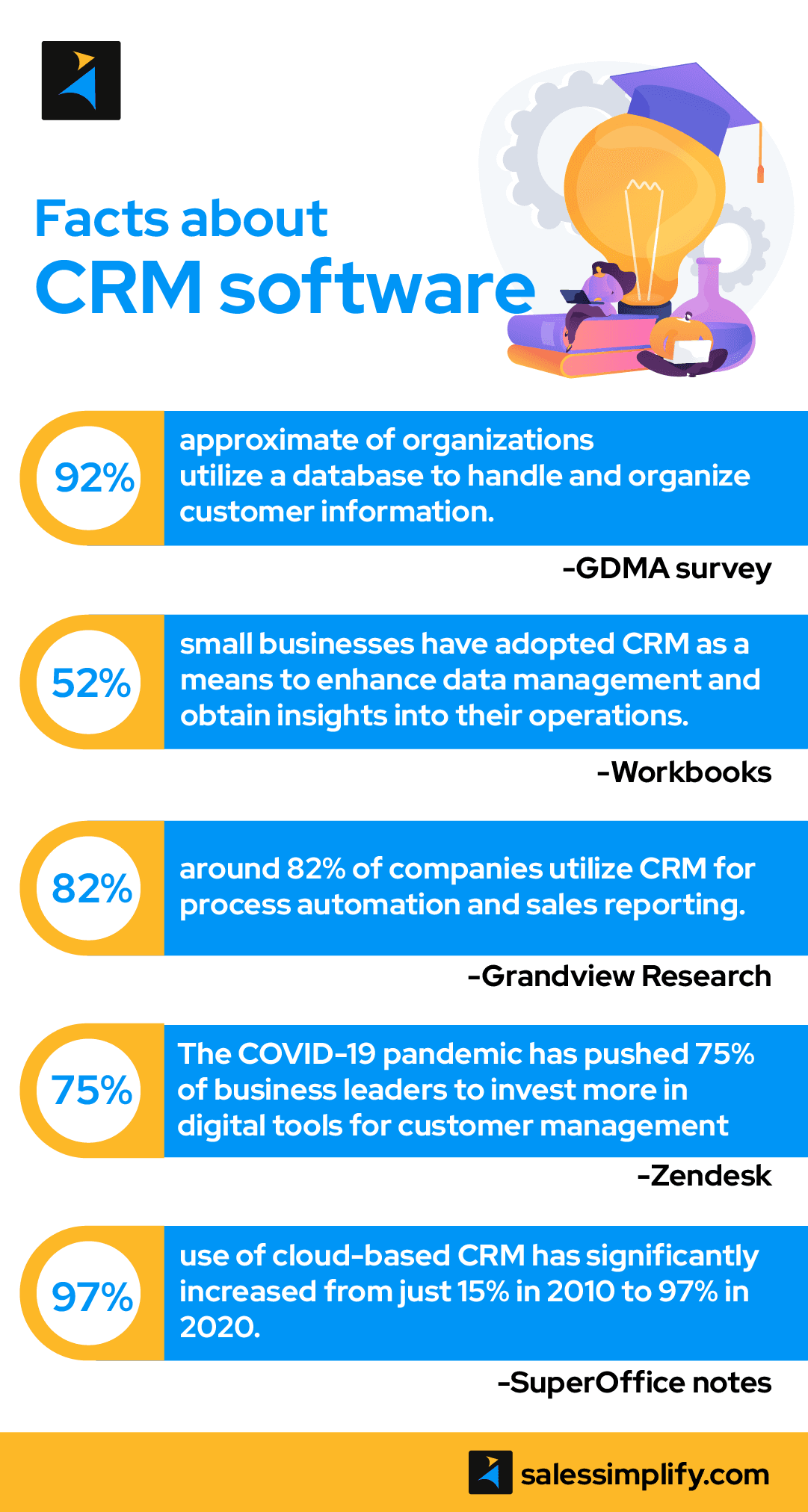
How to integrate CRM and sales engagement platforms for the best business outcomes?
Integrating your customer relationship management (CRM) platform with your sales engagement platform can provide significant benefits to your business, including improved sales efficiency, better customer engagement, and more streamlined processes. In this section, we'll explore some tips on how to integrate these two platforms effectively for the best business outcomes.
Choose the Right Integration Solution: When integrating your CRM platform and sales engagement platform, it's essential to choose the right integration solution that meets your business needs. Look for a solution that supports both platforms, has robust features, and provides easy-to-use tools for configuring and managing the integration.
Ensure Data Consistency: To ensure that your sales engagement platform and CRM platform work seamlessly together, it's essential to ensure data consistency across both platforms. This means keeping customer data, sales activity data, and other important information up-to-date and accurate in both systems. SRE monitoring tools can monitor data synchronization, detect inconsistencies, and prevent discrepancies to keep data accurate and up-to-date.
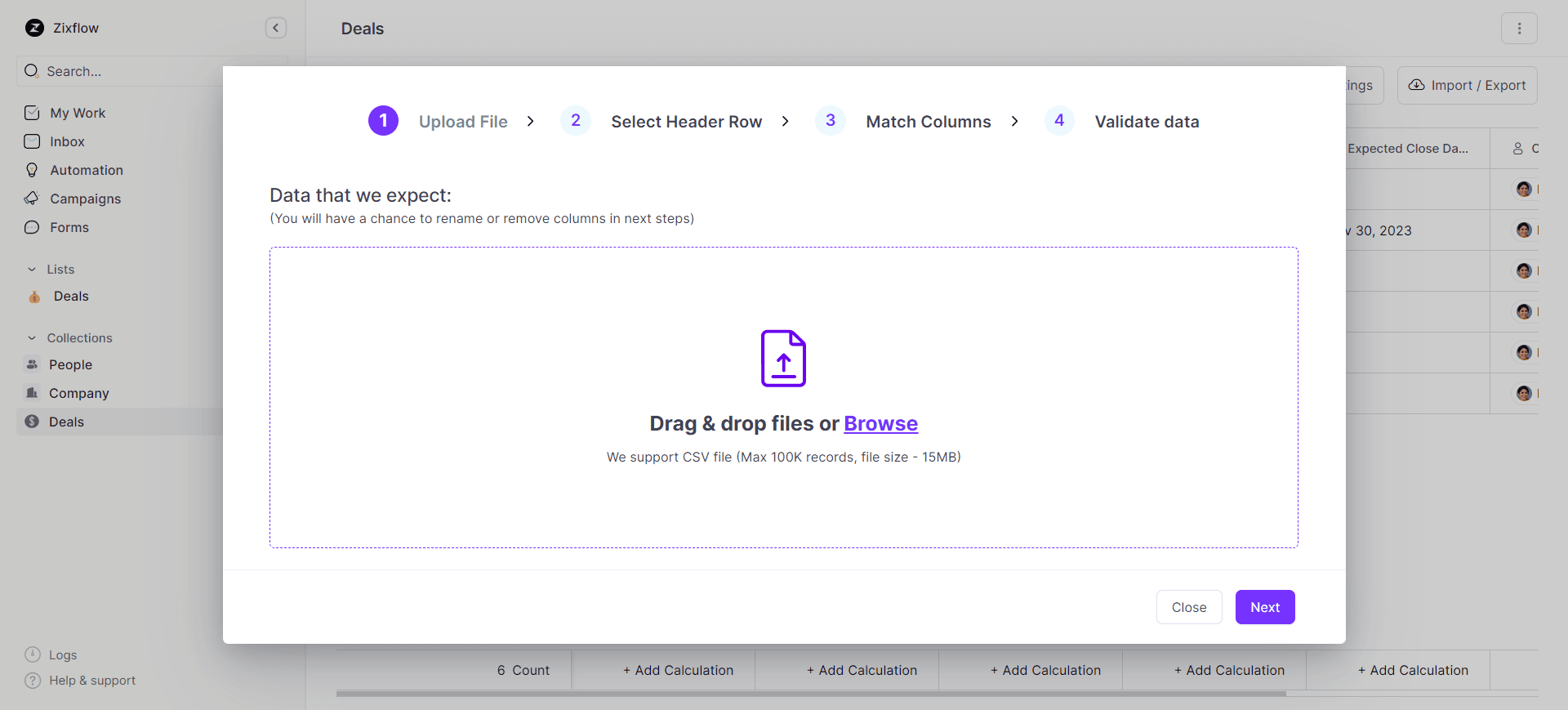
Create Automated Workflows: To maximize the benefits of integrating your CRM platform and sales engagement platform, create automated workflows that connect both systems. For example, when a lead is added to your CRM platform, an automated workflow can trigger a sequence of sales outreach activities in your sales engagement platform.
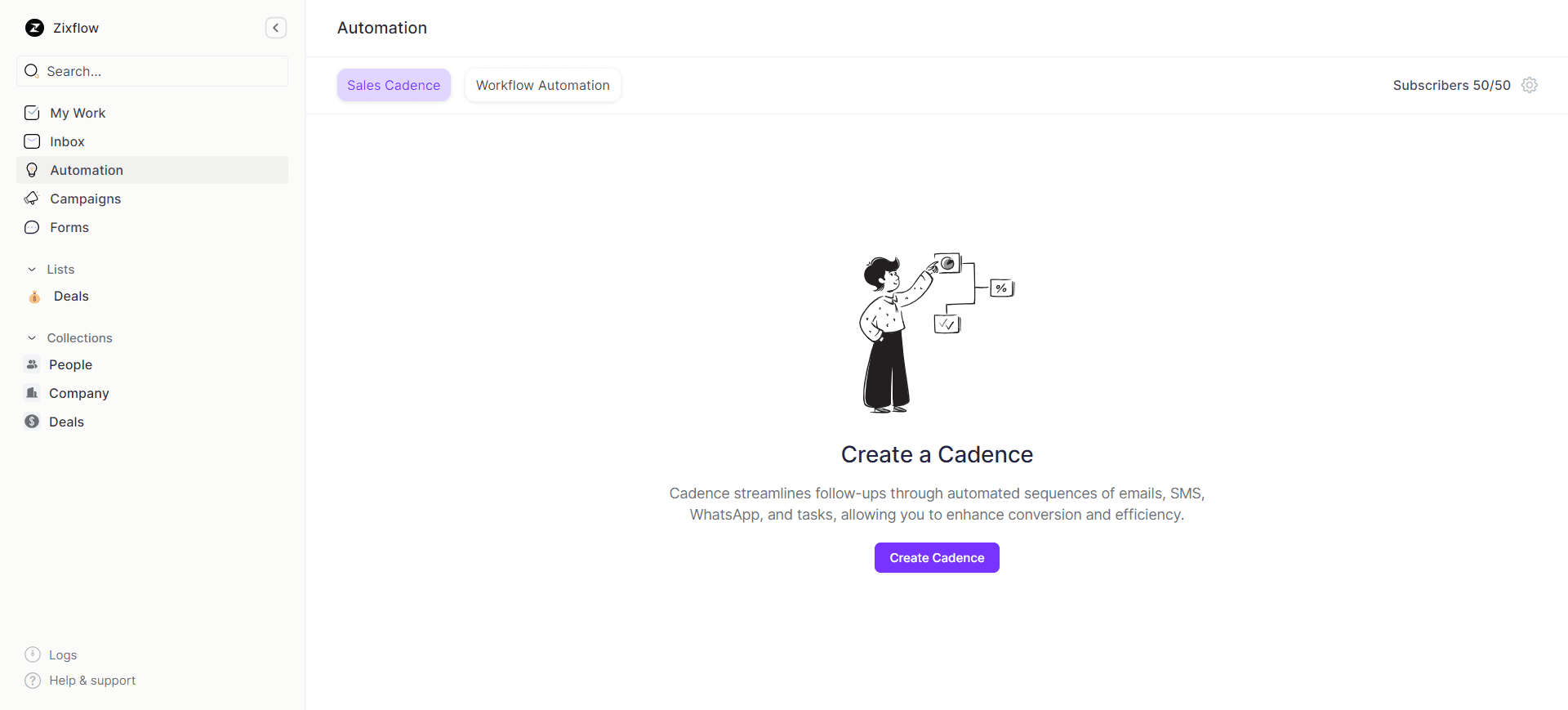
Leverage Analytics and Reporting: By integrating your CRM platform and sales engagement platform, you can gain valuable insights into customer behavior and sales performance. Leverage analytics and reporting tools to track sales activity, identify trends, and measure the effectiveness of your sales outreach activities.
Provide Training and Support: When integrating your CRM platform and sales engagement platform, it's essential to provide training and support to your sales team to ensure that they understand how to use both systems effectively. This will ensure that your team can fully leverage the benefits of the integration and achieve better business outcomes.
Don't forget to integrate CRM with a sales engagement platform to unlock the ultimate success
Congratulations! You're now armed with the knowledge to take your sales and customer engagement to the next level by integrating your CRM and sales engagement platforms. But let's be real - you're probably thinking, "How do I make this integration process less intimidating and more exciting?"
Well, think about it this way: integrating your CRM and sales engagement platforms is like combining two superpowers to create an even stronger one!
By integrating these two platforms, you can create a seamless experience for your customers, increase efficiency for your sales team, and ultimately achieve greater business success.
The Zixflow team can guide you through the integration of these two tools. Schedule a demo today!
